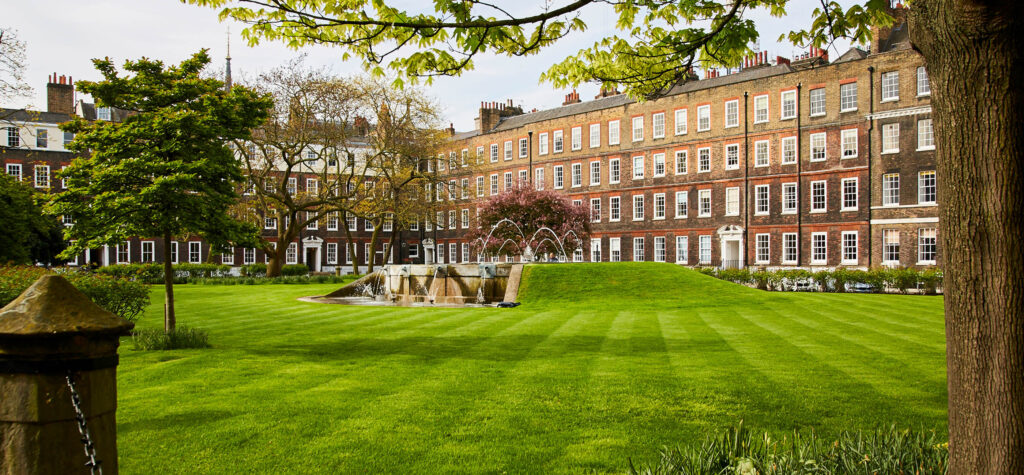James Letchford discusses simplifying VAT on property

VAT and property have a complicated relationship and you only have to look at the standard enquiries raised on commercial property transactions at the potential options that might apply. Is the property standard rated, exempt or outside the scope of VAT? This is without even contemplating VAT in relation to construction and the different rates that may apply.
It is with some hope then that the government’s call for evidence to look at potential options and to simplify the land and property VAT exemptions (which end on 3 August 20201) may make life for the humble property solicitor and the Taxman just a bit easier.
A quick recap of the basics:
- generally property is VAT exempt, unless one of 15 exceptions apply
- businesses may voluntarily make an option to tax some supplies of land that would otherwise be exempt from VAT. This means that they charge VAT at the standard rate on rents and other sums payable under the lease or, when selling, on the sale price
- when selling a property subject to existing leases and provided various conditions are met, the sale will constitute the transfer of a going concern (TOGC), which allows the business to be sold without VAT
- the rationale for opting to tax a property is generally to recover VAT incurred on costs; for tenants who make and receive VAT supplies themselves, the additional VAT is not an additional cost as they can recover
- the rationale for not opting to tax a property is where the business is not making taxable supplies of property or has a tenant who is unable to recover VAT
The downsides highlighted in the current system include:
- there is no independent way to verify whether an option to tax has been made; buyers are reliant on warranties from the seller in some circumstances
- poor advice may mean that buyers have incorrectly assumed that the property they have acquired is opted
- the complexity of the legislation makes getting professional advice from accountants and tax advisors expensive
Previously ideas have been considered but dismissed:
- making all transactions exempt, but this would cause an irrecoverable amount of VAT for property owning taxpayers
- making all transactions standard rated, but this would lead to revenue loss for occupiers who cannot reclaim all their VAT and so would impact on the consumer
- making all commercial property standard rated with an option to exempt. Whilst easier to capture option to exempt, unpicking the existing system would prove costly and involve a large amount of administrative effort
Current suggestions include:
- making short-term (or minor) interests in land taxable although what this includes is unclear. Any definition is going to be fraught with exceptions or borderline cases
- making most supplies subject to VAT, with specific exemptions. So as a above, an option to exempt might be needed but certain supplies of land and property (e.g. residential) would be treated as exempt from VAT
- VAT liability linked to HM Land Registry, so that anything registered would be exempt or not be exempt
My personal view is that making an option to tax, which in commercial property is generally the normal position, could simply be reversed in the future. So all commercial property (with exceptions) would be standard rated unless a party makes an option to exempt the property. Previously exempt properties would be grandfathered i.e. continue to be exempt without needing to make an option or alternatively a long period of time to confirm that a property is exempt be given. This simply makes the paperwork a bit easier and effectively follows along the lines that we assume to be true at the moment in any case.
I have mixed views about whether the Land Registry should include information about the tax status of a property. If an option to tax (or to exempt) is made, it does not make me immediately think that I need to apply to the Land Registry. Indeed, options to tax are often prepared and submitted by accountants and potentially solicitors would need to be separately instructed just to lodge the option. Also, I can’t think of many times where my client or their advisors cannot find a copy of the option to tax or an acknowledgement from HM Revenue & Customs. That being said, being able to independently check the VAT status via looking at the Land Registry does appeal.
Regardless of my own views, VAT is complicated and different properties will have different VAT requirements. I’m not convinced that VAT on property will be simplified but we will just have to watch this space.
In the meantime, if you have any VAT queries on your commercial property matters, please contact James Letchford on 020 7412 0050 or james.letchford@hunterslaw.com.





